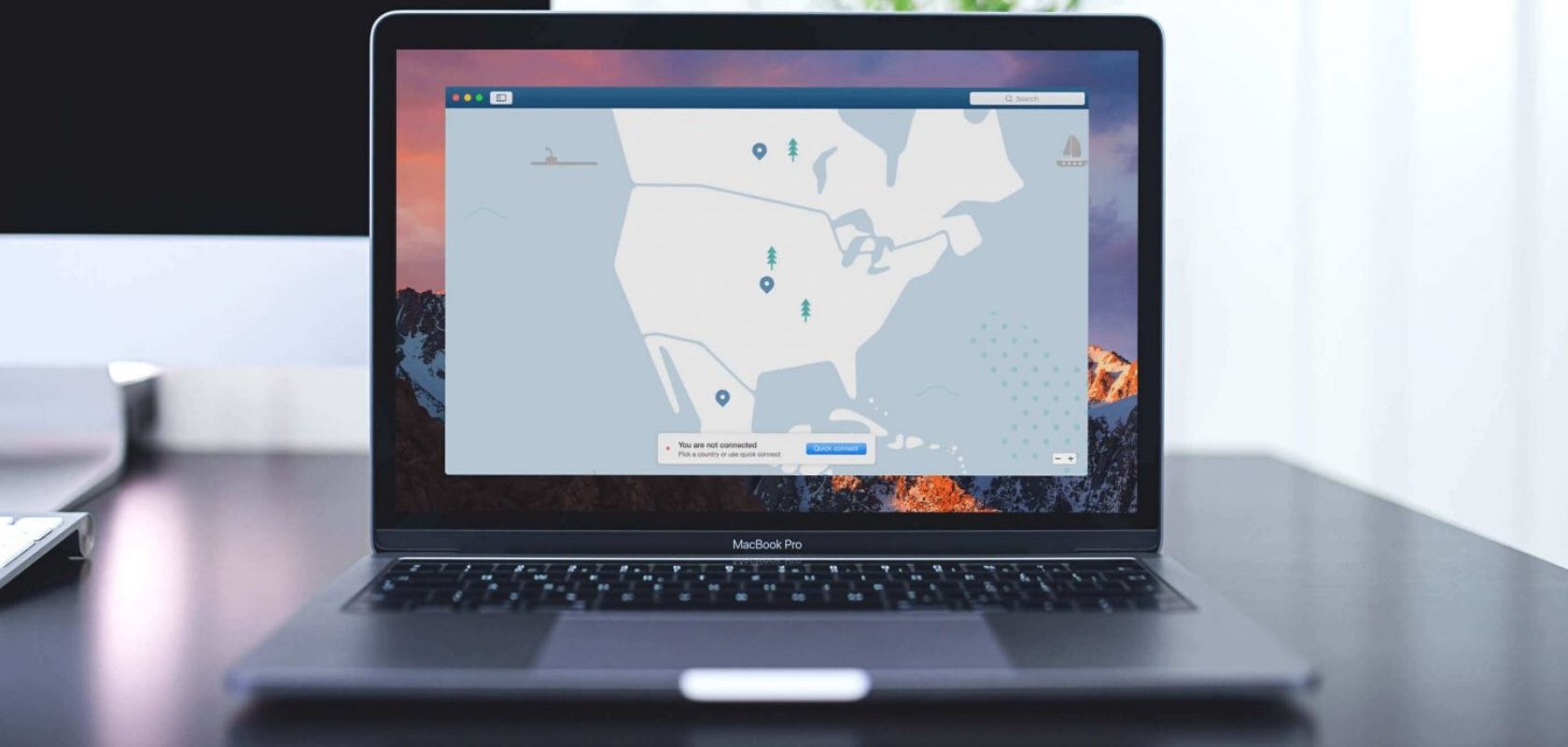
A VPN also adds an additional security for a WiFi network. If you’re someone who likes working in coffee shops, for instance, you’re potentially exposed to hacking.
Most public places don’t invest in additional Internet security, which makes it easy for hackers to break into that shop’s network and steal any data that passes through.
For that reason, activating a VPN connection when you’re using a public network is vital to your security. If, for instance, you’re a freelancer who gets paid online, your financial data is exposed when you handle payments whilst connected to a public network. A VPN tunnel can help with that.
Freelancers who are digital nomads can also get plenty out of VPN – if they set it up themselves. Not everyone likes memory sticks or Dropbox, so setting up a Windows Remote Desktop Access via a local network can be a secure solution.
This solution doesn’t expose your Desktop to a strange network. Additionally, a lot of clients all over the world use Telegram – a messaging and file-sharing app with encryption that’s unfortunately blocked in some countries. A VPN connection can help you access it and communicate as normal.
If you’re stumped and annoyed by the fact that Facebook seems to show you the ads ten seconds after you Googled something vaguely relevant, VPN is also your friend.
Online businesses monitor your IP address’ activity and can target ads towards you, based on the fact that you’ve visited a specific website. With a VPN connection, you’re borrowing an IP address from a different computer, and it can change every time you log in.
[su_button url=”https://reclaim.link/nord” size=”8″ download=”https://reclaim.link/nord”]Get Nord VPN – 70% OFF Special[/su_button]








